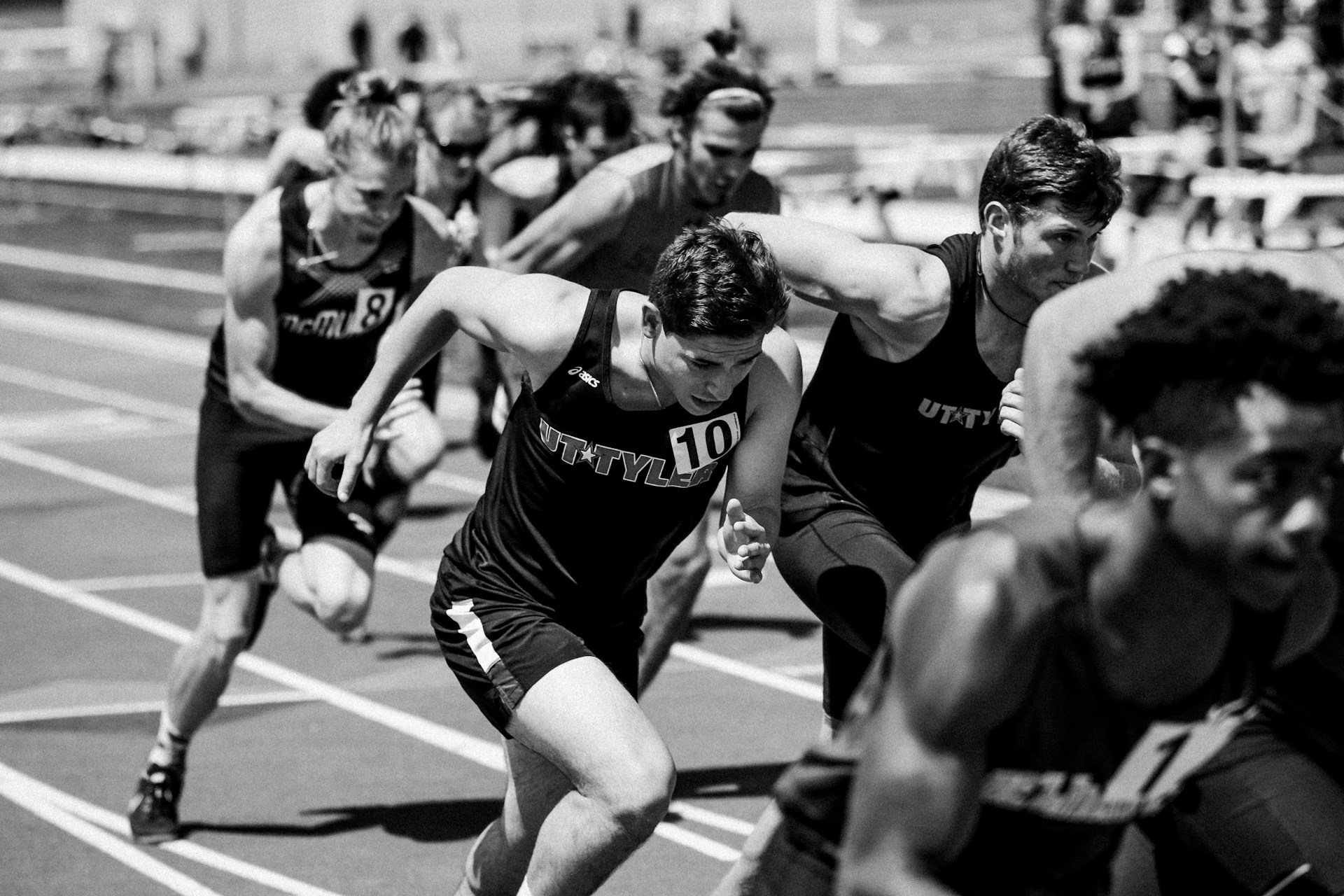In the pursuit of peak performance, athletes constantly push their bodies to the limit, which can often lead to a weakened immune system. One potential solution that has come to the forefront in recent years is the intake of probiotics. The growing body of research in the field of probiotics is shedding new light on its role in supporting immune function for endurance athletes.
Understanding Probiotics: A Brief Overview
Before we delve into the specifics of how probiotics can aid endurance athletes, it’s essential to understand what probiotics are. Probiotics are live bacteria and yeasts, often referred to as ‘good bacteria’, that benefit your health, particularly your digestive system. They’re naturally found in your body, but can also come from food and supplements.
Cela peut vous intéresser : How Can Youth Baseball Players Optimize Their Batting Stance for Better Power and Accuracy?
The primary aim of probiotics is to restore a healthy balance of bacteria in your gut. This balance can be disrupted by factors like an unhealthy diet, stress, or taking antibiotics, which kill both harmful and beneficial bacteria. When the balance of bacteria in your gut is disrupted, it can lead to digestive issues, allergies, and even mental health problems.
The Gut and Immune Function in Athletes
The gut is considered the body’s second brain, boasting a complex network of neurons that communicate directly with your brain. It is also home to most of the body’s immune cells, and plays a crucial role in maintaining your overall health.
A voir aussi : What Are the Safest and Most Effective Weight-Loss Strategies for Jockeys?
The relationship between gut health and physical performance has been highlighted in numerous studies. For instance, a study published on Crossref and PMC found that athletes who took part in a demanding four-week training period had a significant decrease in beneficial gut bacteria. Another study on Google Scholar found that long-distance runners who trained over an extended period of weeks also had a decrease in healthy gut microbiota.
The intense training regimes that endurance athletes undergo can exacerbate this issue, making them more susceptible to illnesses and infections. This is where probiotics come in, by helping to maintain a healthy balance of gut bacteria, they can enhance the immune function of athletes.
Probiotics and Immune Function: What the Research Says
Several studies have examined the effects of probiotics on the immune function of athletes. For example, a study on Google Scholar found that marathon runners who took a probiotic supplement containing 45 billion CFU (colony forming units) of lactobacillus and bifidobacterium strains for 12 weeks experienced fewer and less severe respiratory illnesses compared to those who took a placebo.
In another study, mice were given a probiotic supplement for four weeks before being put through an intense exercise regimen. The mice that received the probiotics had a significantly stronger immune response to the exercise, indicating that the probiotics had helped to support their immune function.
Although more research is needed, these studies suggest that probiotics could potentially support immune function in endurance athletes, helping them to stay healthy and perform at their best.
Recommendations for Athletes Looking to Supplement with Probiotics
Although probiotics offer promising benefits for athletes, it’s important to note that not all probiotics are created equal. The type and amount of probiotics can greatly affect their benefits. Therefore, athletes should choose probiotic supplements that contain a variety of strains and a high number of CFUs.
Another crucial factor to consider is the timing of probiotic intake. Some studies suggest that taking probiotics at least two hours before exercise may enhance their benefits.
To ensure safety and efficacy, athletes should always consult with a healthcare provider before starting any new supplement regime.
The Future of Probiotics in Sports Performance
The field of probiotics in sports performance is still in its infancy, but the existing research offers promising indications of their potential benefits. The gut microbiota represents a new frontier in sports science, with researchers eager to further explore its role in athletic performance and health.
In the future, we may see personalized probiotic regimes designed to optimize the gut microbiota of individual athletes, based on their unique gut profiles. This could potentially revolutionize the way athletes train and recover, offering a new dimension in sports performance.
In summary, probiotics represent a promising field for supporting immune function in endurance athletes. As more research comes to light, it’s clear that this field of sports science is one to watch in the coming years.
Probiotic Strains: Their Role and Benefits to Endurance Athletes
The role of specific probiotic strains in promoting health has been a subject of intensive interest in the scientific community. In the context of endurance athletes, certain strains of probiotics have been identified to offer distinct benefits to the immune system and gut microbiota.
Lactobacillus and Bifidobacterium strains are among the most researched in the context of athletic performance. A Google Scholar article stated that these strains have been found to help maintain intestinal barrier function, which is essential in preventing the entry of harmful substances into the body. They also aid in the production of short-chain fatty acids that boost the immune system.
Apart from these, some novel probiotic strains have shown positive effects on the immune system and physical performance of athletes. A PubMed Crossref research mentioned the strain Lactobacillus plantarum PS128 as having potential benefits on mental health and skeletal muscle growth in athletes.
However, it’s worth noting that not all probiotics have the same effect on every individual. This is mainly due to the diversity of our gut microbiota. Therefore, the effectiveness of a strain probiotic will depend on the specific composition of an individual’s intestinal flora.
The Synergy Between Probiotic Supplementation and Diet
The diet of an endurance athlete plays a significant role in shaping their gut microbiota. A diet rich in fiber, for instance, can foster the growth of beneficial bacteria. Combining such a diet with probiotic supplementation can create a healthy, balanced gut microbiota that can support the immune system and improve physical performance.
A systematic review on Crossref Google pointed out that the effects of probiotics are significantly enhanced when combined with a prebiotic-rich diet. Prebiotics, found in foods like onions, oats, and bananas, act as food for probiotics and help them thrive within the gut.
It’s also important for athletes to consider their diet when taking probiotics. Certain food substances, like proteins and fats, may interact with probiotics and impact their efficacy. Therefore, it’s advisable for athletes to consult with dietitians to devise dietary plans that will complement their probiotic supplementation.
In Conclusion: Tapping into the Potential of Probiotics for Athletic Performance
The role of probiotics in supporting immune function in endurance athletes is a burgeoning area of research. The current literature suggests that probiotics could potentially improve athletes’ health and performance by maintaining a healthy balance of gut microbiota.
The type and amount of probiotic strain, timing of intake, and synergistic diet are critical factors in determining the effectiveness of probiotics. Therefore, active individuals looking to incorporate probiotics into their regimen should consider these aspects and consult with healthcare professionals for personalized advice.
The possibility of personalized probiotic regimens based on individual gut profiles could revolutionize sports performance in the future. More research is needed to fully understand the potential benefits and risks associated with probiotics in sports performance, but the initial findings are promising.
The field of probiotics in sports science is a new frontier that holds much promise. As more studies are conducted, our understanding of the complex relationships between gut microbiota, probiotics, and athletic performance will continue to evolve. In the meantime, endurance athletes can cautiously explore the benefits of probiotics, guided by the growing body of evidence and expert advice.











